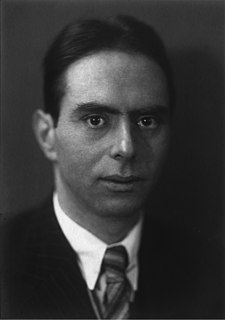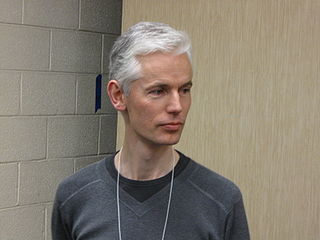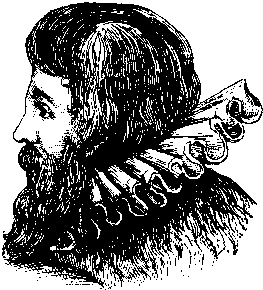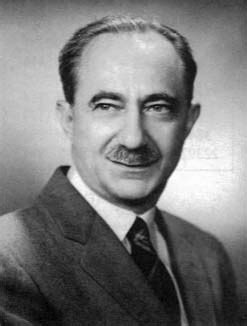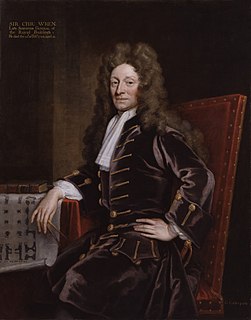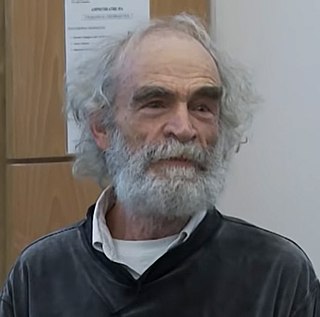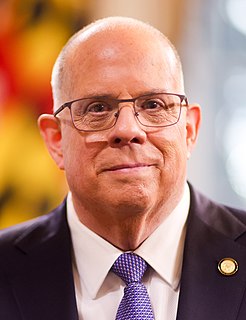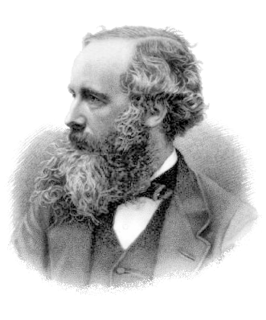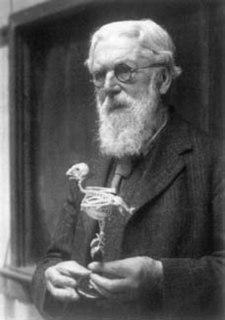Top 1200 Mathematical Problems Quotes & Sayings
Explore popular Mathematical Problems quotes.
Last updated on April 14, 2025.
An old French mathematician said: "A mathematical theory is not to be considered complete until you have made it so clear that you can explain it to the first man whom you meet on the street." This clearness and ease of comprehension, here insisted on for a mathematical theory, I should still more demand for a mathematical problem if it is to be perfect; for what is clear and easily comprehended attracts, the complicated repels us.
If the system exhibits a structure which can be represented by a mathematical equivalent, called a mathematical model, and if the objective can be also so quantified, then some computational method may be evolved for choosing the best schedule of actions among alternatives. Such use of mathematical models is termed mathematical programming.
One of the first and foremost duties of the teacher is not to give his students the impression that mathematical problems have little connection with each other, and no connection at all with anything else. We have a natural opportunity to investigate the connections of a problem when looking back at its solution.
To do any important work in physics a very good mathematical ability and aptitude are required. Some work in applications can be done without this, but it will not be very inspired. If you must satisfy your "personal curiosity concerning the mysteries of nature" what will happen if these mysteries turn out to be laws expressed in mathematical terms (as they do turn out to be)? You cannot understand the physical world in any deep or satisfying way without using mathematical reasoning with facility.
The attempt to apply rational arithmetic to a problem in geometry resulted in the first crisis in the history of mathematics. The two relatively simple problems -- the determination of the diagonal of a square and that of the circumference of a circle -- revealed the existence of new mathematical beings for which no place could be found within the rational domain.
At the end of the day, I sit down for about five minutes and review all the problems I'm working on, research problems or writing problems, and I go to sleep. Then when I wake up in the morning, I've trained myself to not open my eyes and to just lie there and recall the problems and see if there's anything there.
The constructs of the mathematical mind are at the same time free and necessary. The individual mathematician feels free to define his notions and set up his axioms as he pleases. But the question is will he get his fellow mathematician interested in the constructs of his imagination. We cannot help the feeling that certain mathematical structures which have evolved through the combined efforts of the mathematical community bear the stamp of a necessity not affected by the accidents of their historical birth.
Mathematics is about problems, and problems must be made the focus of a student's mathematical life. Painful and creatively frustrating as it may be, students and their teachers should at all times be engaged in the process - having ideas, not having ideas, discovering patterns, making conjectures, constructing examples and counterexamples, devising arguments, and critiquing each other's work.
The mathematical question is "Why?" It's always why. And the only way we know how to answer such questions is to come up, from scratch, with these narrative arguments that explain it. So what I want to do with this book is open up this world of mathematical reality, the creatures that we build there, the questions that we ask there, the ways in which we poke and prod (known as problems), and how we can possibly craft these elegant reason-poems.
I imagine that whenever the mind perceives a mathematical idea, it makes contact with Plato's world of mathematical concepts... When mathematicians communicate, this is made possible by each one having a direct route to truth, the consciousness of each being in a position to perceive mathematical truths directly, through the process of 'seeing'.
Every attempt to employ mathematical methods in the study of chemical questions must be considered profoundly irrational and contrary to the spirit of chemistry.... if mathematical analysis should ever hold a prominent place in chemistry -- an aberration which is happily almost impossible -- it would occasion a rapid and widespread degeneration of that science.
The mathematical is that evident aspect of things within which we are always already moving and according to which we experience them as things at all, and as such things. The mathematical is this fundamental position we take toward things by which we take up things as already given to us, and as they must and should be given. Therefore, the mathematical is the fundamental presupposition of the knowledge of things.
I want to let you in on a little secret. There are no problems. There are no problems. There never were any problems, there are no problems today, and there will never be any problems. Problems just mean that the world isn't turning the way you want it to. But in truth, there are no problems. Everything is unfolding as it should. Everything is right. You have to forget about yourself and expand your consciousness until you become the whole universe. The Reality in back of the universe is Pure Awareness. It has no problems. And you are That.
The tantalizing and compelling pursuit of mathematical problems offers mental absorption, peace of mind amid endless challenges, repose in activity, battle without conflict, refuge from the goading urgency of contingent happenings, and the sort of beauty changeless mountains present to senses tried by the present day kaleidoscope of events.
Mathematical demonstrations being built upon the impregnable Foundations of Geometry and Arithmetick are the only truths that can sink into the Mind of Man, void of all Uncertainty; and all other Discourses participate more or less of Truth according as their Subjects are more or less capable of Mathematical Demonstration.
One might think this means that imaginary numbers are just a mathematical game having nothing to do with the real world. From the viewpoint of positivist philosophy, however, one cannot determine what is real. All one can do is find which mathematical models describe the universe we live in. It turns out that a mathematical model involving imaginary time predicts not only effects we have already observed but also effects we have not been able to measure yet nevertheless believe in for other reasons. So what is real and what is imaginary? Is the distinction just in our minds?
Nature seems to take advantage of the simple mathematical representations of the symmetry laws. When one pauses to consider the elegance and the beautiful perfection of the mathematical reasoning involved and contrast it with the complex and far-reaching physical consequences, a deep sense of respect for the power of the symmetry laws never fails to develop.
This common and unfortunate fact of the lack of adequate presentation of basic ideas and motivations of almost any mathematical theory is probably due to the binary nature of mathematical perception. Either you have no inkling of an idea, or, once you have understood it, the very idea appears so embarrassingly obvious that you feel reluctant to say it aloud.
Mathematical thinking is not the same as doing mathematics - at least not as mathematics is typically presented in our school system. School math typically focuses on learning procedures to solve highly stereotyped problems. Professional mathematicians think a certain way to solve real problems, problems that can arise from the everyday world, or from science, or from within mathematics itself. The key to success in school math is to learn to think inside-the-box. In contrast, a key feature of mathematical thinking is thinking outside-the-box - a valuable ability in today's world.
The classes of problems which are respectively known and not
known to have good algorithms are of great theoretical interest. [...]
I conjecture that there is no good algorithm for the traveling
salesman problem. My reasons are the same as for any mathematical
conjecture: (1) It is a legitimate mathematical possibility, and
(2) I do not know.
The problem with cinema nowadays is that it's a math problem. People can read a film mathematically; they know when this comes or that comes; in about 30 minutes, it's going to be over and have an ending. So film has become a mathematical solution. And that is boring, because art is not mathematical.
Mathematics is a logical method. . . . Mathematical propositions express no thoughts. In life it is never a mathematical proposition which we need, but we use mathematical propositions only in order to infer from propositions which do not belong to mathematics to others which equally do not belong to mathematics.
In some instances even certain social services that normally were supplied, or pre-empted by the state. Take the United States, the [Ronald] Reagan administration is withdrawing assistance, all kinds of welfare programs, and if people don't improvise their own resources to cope with problems of the ageing, problems of the sick, problems of the young, problems of the poor, problems of tenant rights, who will?
Cell and tissue, shell and bone, leaf and flower, are so many portions of matter, and it is in obedience to the laws of physics that their particles have been moved, moulded and conformed. They are no exceptions to the rule that God always geometrizes. Their problems of form are in the first instance mathematical problems, their problems of growth are essentially physical problems, and the morphologist is, ipso facto, a student of physical science.
For most problems found in mathematics textbooks, mathematical reasoning is quite useful. But how often do people find textbook problems in real life? At work or in daily life, factors other than strict reasoning are often more important. Sometimes intuition and instinct provide better guides; sometimes computer simulations are more convenient or more reliable; sometimes rules of thumb or back-of-the-envelope estimates are all that is needed.
The problems in the world today are not political problems, they are not economic problems, and they are not military problems. The problems in the world today are spiritual problems. They have to do with what people believe. They have to do with our most fervently held thoughts and ideas about Life, about God, and most of all, about ourselves, and our very reason for living.














